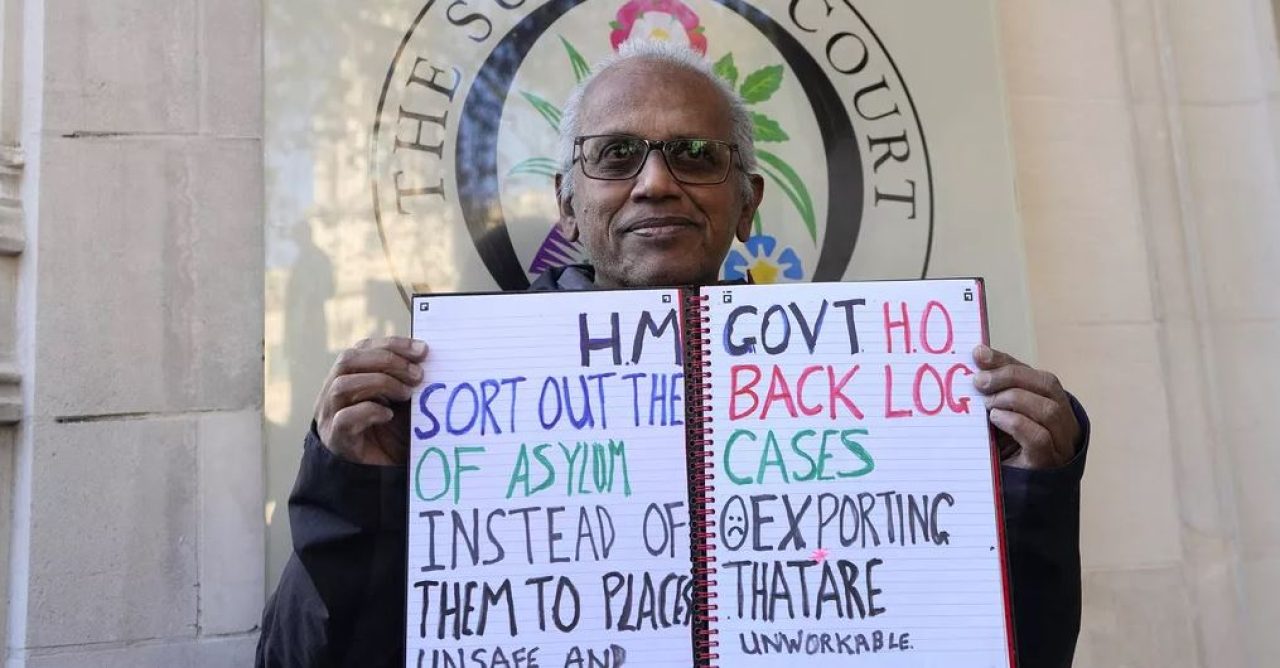Asylum seekers in Derby, UK, expressed deep apprehension following the recent approval of Prime Minister Rishi Sunak’s plan to deport migrants to Rwanda, a move that was greenlit by Parliament.
Sunak had persistently pushed for deportation flights to commence within the next 10 to 12 weeks, aiming to fulfill a crucial pledge in curbing illegal migration. The plan had faced considerable opposition, particularly from the unelected House of Lords, delaying its passage for two months.
However, after midnight, the Lords yielded, dropping their proposed amendments, paving the way for the bill’s enactment.

Among Derby’s asylum seekers, distress was palpable, with some already receiving letters from the Home Office warning of potential removal to Rwanda.
One asylum seeker from Iran, Hamza, voiced intense stress and uncertainty, while others echoed sentiments of dismay and regret. Fahed, who claimed torture in Sudan, expressed that he would never have come to the UK if he knew of the deportation risk.
Masoud, from Iran, advised against seeking asylum in the UK, given the looming threat of deportation. Similarly, Fatima, an Afghan refugee, expressed anguish at the prospect of being sent to Rwanda, fearing for her safety after having worked with the Americans in Afghanistan.
The government’s strategy to deter migrants by deporting them to Rwanda sparked criticism from humanitarian organizations and international bodies.
The UN refugee agency and the Council of Europe urged the UK to reconsider its plans, citing concerns about human rights violations and the potential erosion of international cooperation in addressing the global migrant crisis.
Despite parliamentary approval, legal challenges may further delay deportation flights, as migrant advocates remain steadfast in their opposition to the legislation.





